Wood pellet export dominates in Japan and Korea
Although still very young, the Vietnamese pellet industry in general and wood pellets in particular have developed very strongly in recent times. About 95% of the pellets produced in Vietnam (equivalent to over 4 million tons) are used for export, mainly to the Japanese and Korean markets.
According to a report by Forest Trends, in 2022, wood pellet exports will boom with an export volume of approximately 4.9 million tons, worth nearly 790 million USD, nearly double that of 2021 due to high pellet prices. In 2023, pellet exports will decrease slightly, reaching more than 4.6 million tons, worth nearly 680 million USD.
South Korea and Japan are still the two largest pellet import markets of Vietnam, accounting for 96% of the total volume and 96.6% of the total export turnover of the country. In 2023, Japan imported more than 2.8 million tons of pellets from Vietnam, equivalent to more than 438 million USD (up 12.4% in volume and 14.3% in value compared to 2022). Meanwhile, South Korea imported only more than 1.7 million tons of pellets, worth nearly 214 million USD (down 24.5% in volume and 43.3% in value compared to 2022).
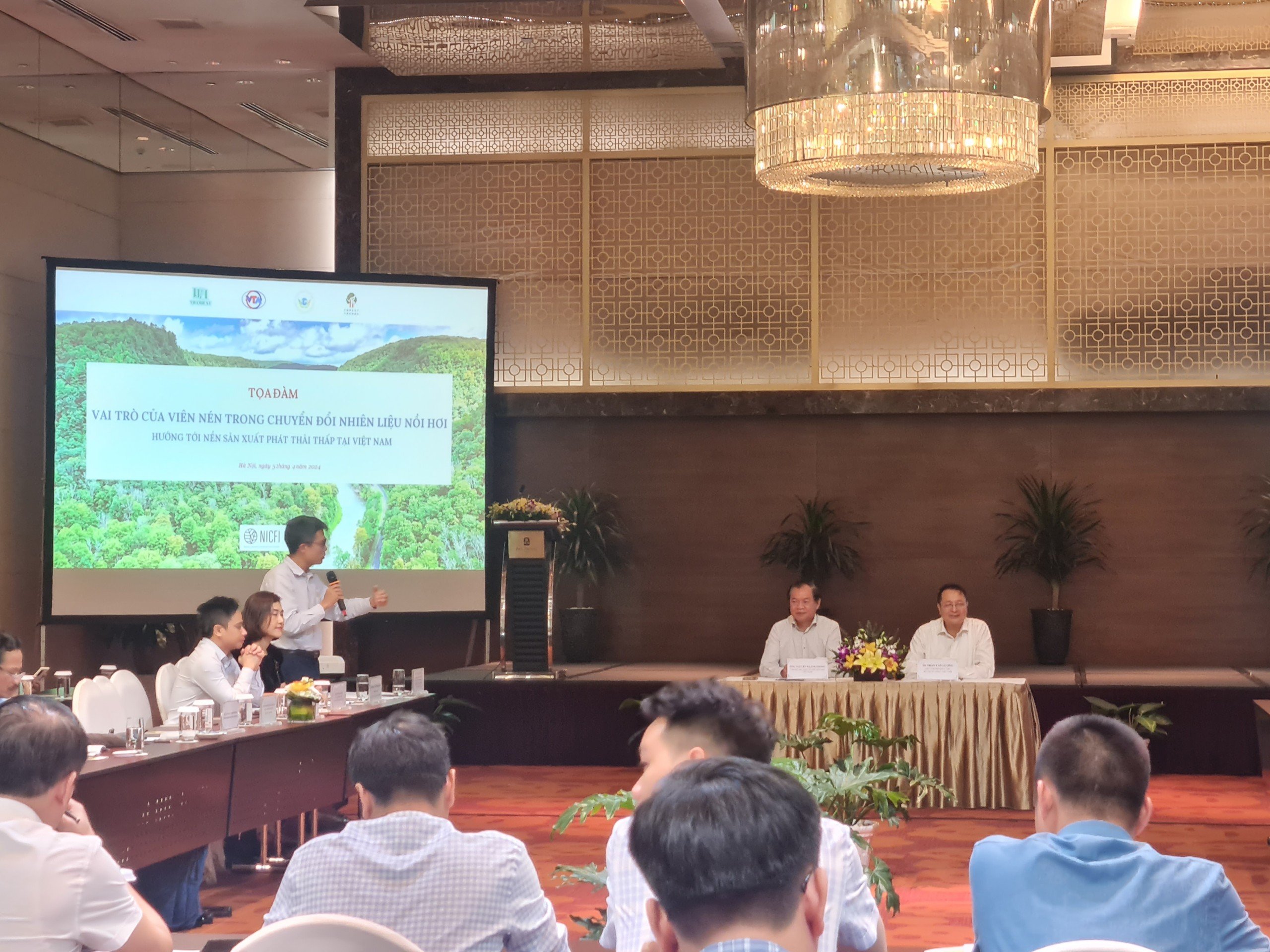
Tablets can be used to help businesses transition to green production. Photo: PV
The reason is that Korean companies have other sources of supply, such as cheap tablets from Russia.
According to Dr. To Xuan Phuc, representative of Forest Trends, the Japanese market will continue to play an important role for the Vietnamese pellet industry in the coming time. Vietnamese enterprises also have the opportunity to replace the supply of pellets from Indonesia for the Japanese market because the supply of pellets made from palm oil husks originating from Indonesia may not achieve the sustainability certification required by the Japanese market.
Wood pellets find their way back home
At the seminar: "The role of pellets in boiler fuel conversion - Towards low-emission production in Vietnam" organized by the Pellet Association (Vietnam Timber and Forest Products Association), Vietnam Thermal Science and Technology Association and Forest Trends Organization on the morning of April 5 in Hanoi, many opinions said that wood pellets have opportunities in the domestic market, contributing to promoting the conversion of high-emission fuel sources such as coal and oil to the use of low-emission wood pellets at small production facilities using boiler systems.
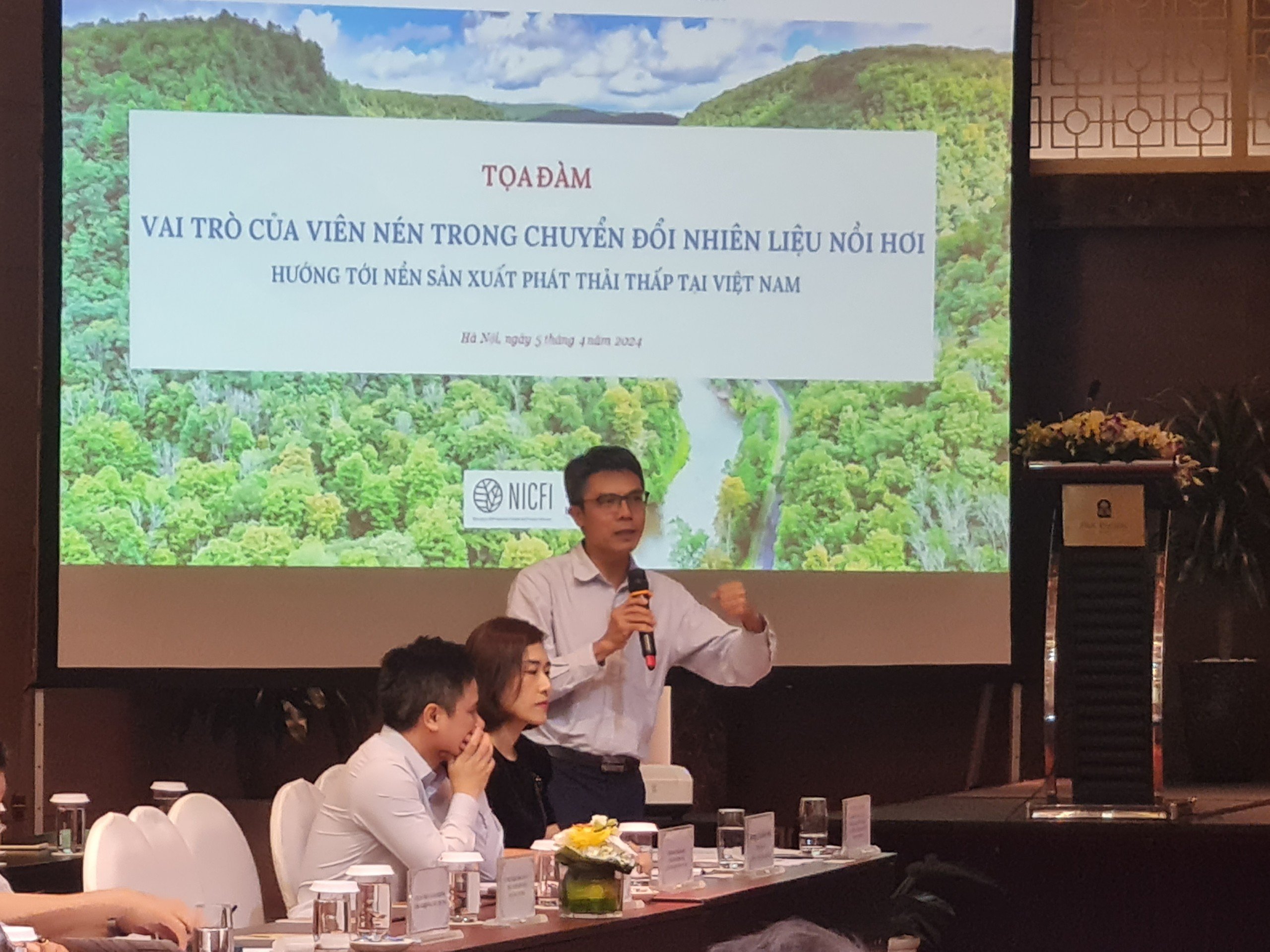
According to Dr. To Xuan Phuc, Forest Trends Organization, with the Government 's Net-Zero commitment, there is huge room for the use of pellets in the domestic market. Photo: PV
Mr. Tran Van Luong, Chairman of the Vietnam Association of Thermal Science and Technology, said: In industrial production in Vietnam, industrial boilers are used to supply heat, steam, and hot water for the following industries: light industry: textiles, footwear, plastics, tobacco, food, alcohol, beer, soft drinks, seafood, agricultural processing...; heavy industry: basic chemicals, fertilizers, mineral selection, pesticides, sugar production, rubber production... The fuels used for boilers are electricity, oil, gas, coal, biomass (rice husks, wood chips, sawdust, wood pellets...).
Currently, Vietnam does not have a complete official statistic on the number of industrial boilers. According to information from the annual boiler inspection organizations and registration with the state labor management agency, it is estimated that there are about 9,000 industrial boilers in operation in Vietnam.
Many of these facilities use coal to power their boiler systems. Switching their coal input to cleaner fuels has the potential to reduce emissions at a national scale.
According to Mr. Tran Van Luong, the opportunity for businesses to convert coal-fired boilers to biomass is to reduce greenhouse gas emissions, meet environmental requirements, contribute to the commitment of the Vietnamese government; and have the opportunity to participate in the domestic carbon market in the future. At the same time, build the image of a green manufacturing enterprise, increase product competitiveness in the domestic and international markets.
Statistics show that about 5% of the total supply of pellets is currently used domestically, mainly for the boiler systems of small-scale production facilities in some of the above-mentioned sectors. Although the Government has not required these small-scale facilities to reduce emissions, some facilities have taken the initiative, voluntarily replacing part or all of the coal used for their boiler systems with wood pellets.
Many facilities that have been making this transition are in the global supply chain, for example suppliers for major brands such as Adidas, Nike, Samsung...; some facilities are located in industrial zones where there are commitments to low emissions, green transition...
Although the benefits of using pellets instead of coal are clear, there are still many challenges for businesses converting their boilers to biomass. These include a lack of investment capital for the conversion; a lack of standards and regulations for manufacturing biomass boilers; and limited design and manufacturing capacity of many boiler manufacturers. In addition, high new investment costs, renovation costs, and production stoppage costs are things that businesses need to consider when making the conversion.
Another challenge is that the domestic carbon market has not yet formed, so it has not created incentives for businesses.
Mr. Luong said that it is necessary to raise awareness among boiler users of enterprises, especially small and medium enterprises, about knowledge of efficient energy use with low emissions, aiming to participate in the carbon market when the carbon market operates. Along with regulations and standards on biomass-fired boilers, there should be a policy mechanism to support industrial enterprises in converting fossil fuel-fired boilers to biomass-fired boilers.
According to Mr. To Xuan Phuc, the Vietnamese Government is strongly committed to the target of Net-Zero emissions by 2050. To achieve this target, the Government has issued a number of mechanisms and policies; including Decree 06/2022/ND-CP requiring high-emission production facilities as well as ministries and sectors to reduce greenhouse gas emissions. The Government is designing the necessary policy mechanisms to build a domestic carbon credit market. With the Government's Net-Zero commitment, there is huge room for the use of pellets in the domestic market.
Boilers are devices used to generate steam, converting energy from fuel (electricity, coal, oil, gas, biomass...) to water to generate steam through fuel combustion; in Vietnam, steam generating devices used in industry are called industrial boilers, steam generating devices used to generate electricity are called power plant boilers.
Based on the fuel used, boilers are called electric boilers, coal-fired boilers, oil-fired boilers, gas-fired boilers...; based on the quality of steam, there are saturated steam, superheated steam...; based on the steam parameters produced by the boiler, it is classified as low pressure, medium pressure, high pressure boilers...
Currently in industrial production in Vietnam, industrial boilers are used to provide heat, steam, hot water for the following industries: - Light industry: textiles, footwear, plastics, tobacco, food, wine, beer, soft drinks, seafood, agricultural processing....
Source














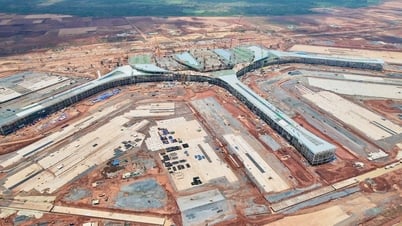













































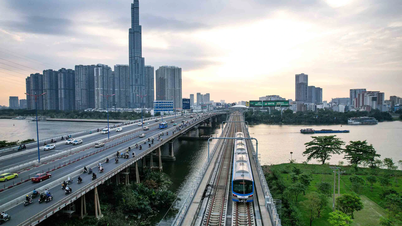



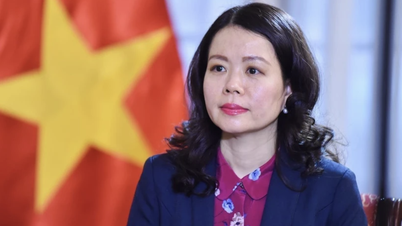












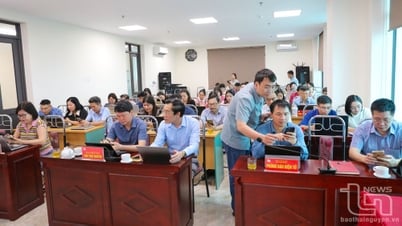

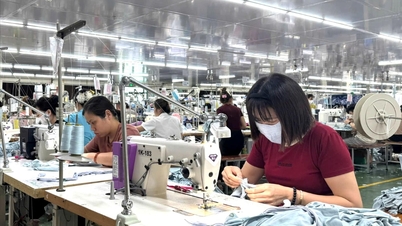

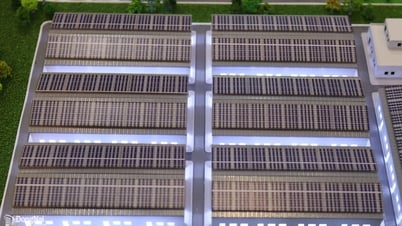

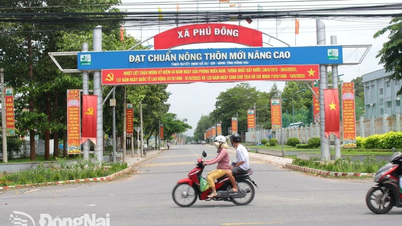













Comment (0)